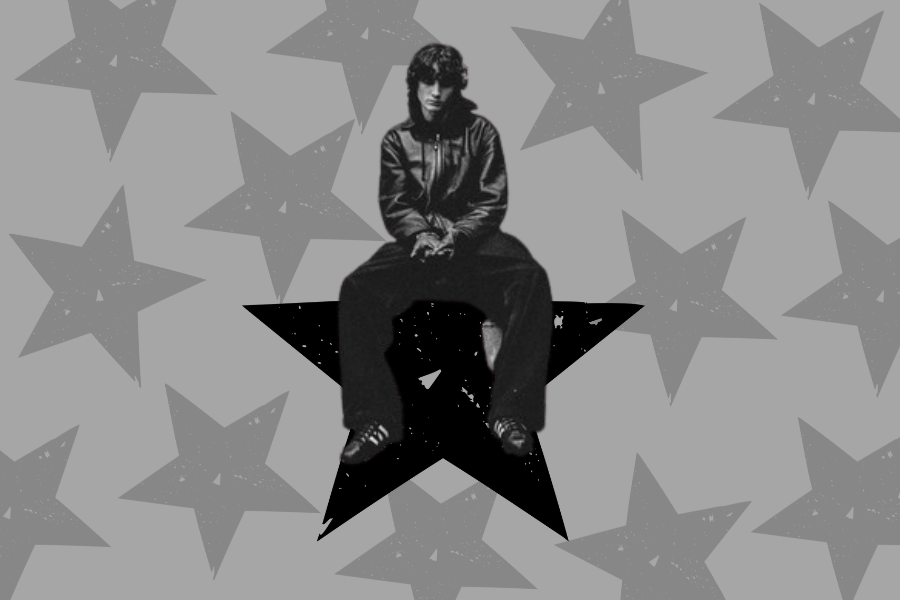Former One Direction member and singer Liam Payne tragically passed away Oct. 16 after falling from his hotel balcony in Buenos Aires, Argentina.
His song “Do No Wrong” was intended to be released Nov. 1 as collaborator Sam Pounds “hoped it would eclipse the negative echoes surrounding Payne’s death” according to BBC News. However, after backlash from fans, Pounds stated he would postpone the release to give Payne’s family and friends time to grieve.
This explores the larger question of how ethical posthumous music releases are.
If the artist intended to release the music while they were alive, that intention is unchanged by their death and should be released by the artist’s family. The singer anticipated this music to be listened to and enjoyed by the public regardless of their passing.
Jimi Hendrix’s “The Cry of Love,” Janis Joplin’s “Pearl” and The Notorious B.I.G.’s “Life After Death” are regarded as some of the greatest albums of all time and were all released after the singers’ deaths. The dedication and passion these artists put into creating these albums should not be discarded after their passing. It would be more honoring to release the music they intended to give the world.
For record labels, money can be a big factor in why music is released after an artist’s passing. After Jimmy Buffett’s death, his music sales rose 7000% as fans swarmed to listen to Buffett’s beloved music. Labels would see this as a cash grab, attempting to squeeze as much money out of an artist’s death rather than honoring them. With the artist’s family being in control of the release, it makes sure the singer’s wishes are truly respected.
Posthumous releases could also help rewrite an artist’s legacy, especially if their life was controversial. Payne faced major backlash in the weeks leading up to his death after his ex-fiancee Maya Henry released a book inspired by their tumultuous relationship. Payne was bashed online for his alleged actions and was written off as the least successful member of One Direction. This opinion changed drastically after his death, with people reminiscing on his accomplishments in life and his former boy band members posting tributes on social media.
If Payne’s song “Do No Wrong” had been released while he was still living, unfortunately, it would not have been received in a positive light. However, after his passing, the public will be listening with respect for his death, leading to his legacy being viewed in a more favorable manner.
Pound made the right decision by postponing the release of “Do No Wrong” while paying respect to the grieving process of Payne’s loved ones. The timing of the music debut should be up to the singer’s family because they have a personal connection with the artist.
Fans may want new music immediately after the passing as a way to reconnect with the artist, but it could be too painful for the family to listen to so suddenly. Making sure to respect both the artist’s and family’s wishes ensures the released music is as non-exploitative as possible.
The death of a popular singer is tragic for both the families and fans, but a glimmer of hope can be seen with a posthumous release. If it is handled with respect and care by the artist’s family, it can be a beautiful tribute to the singer’s life and legacy that will live on forever.










